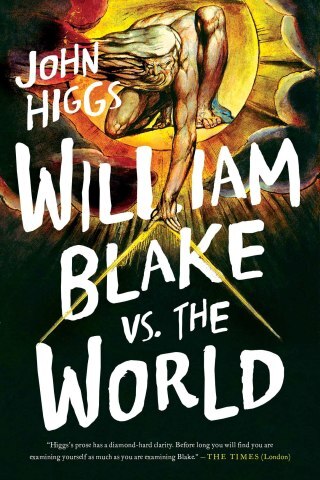“The Eye altering alters all.”

In the first days of a bleak London December in 1827, a small group of mourners gathered on a hill in the fields just north of the city limits at Bunhill Fields, named for “bone hill,” longtime burial ground for the disgraceful dead. There, in what was now a dissenters’ cemetery, the English Poor Laws had ensured a pauper’s funeral for the man who had died five days earlier in his squalid home and was now being lowered into an unmarked grave. The man whose “Songs ...
Published on June 18, 2022 16:03
